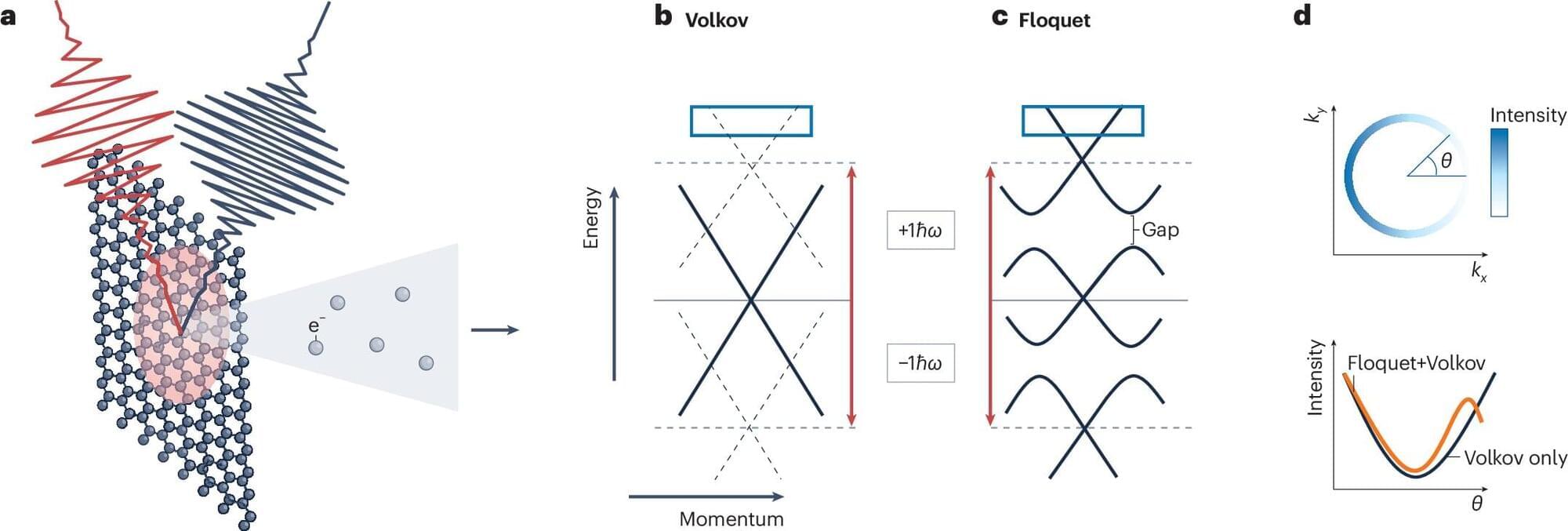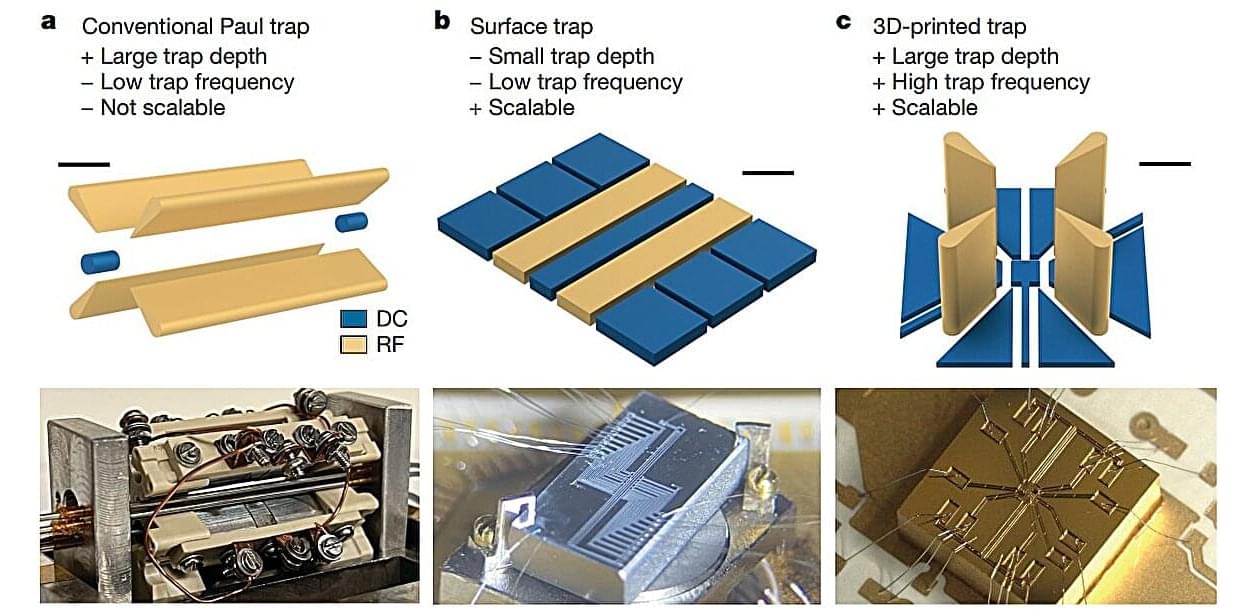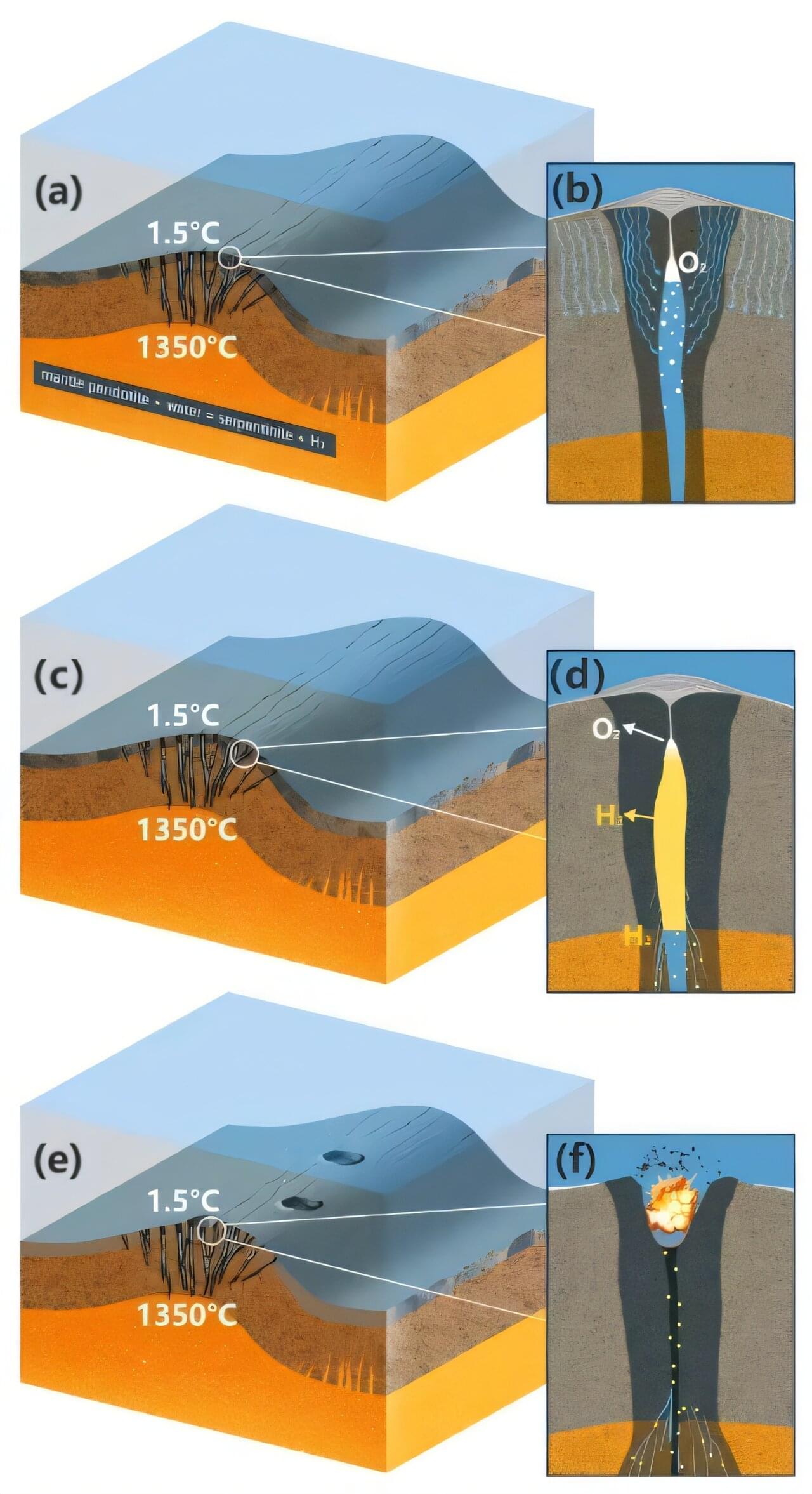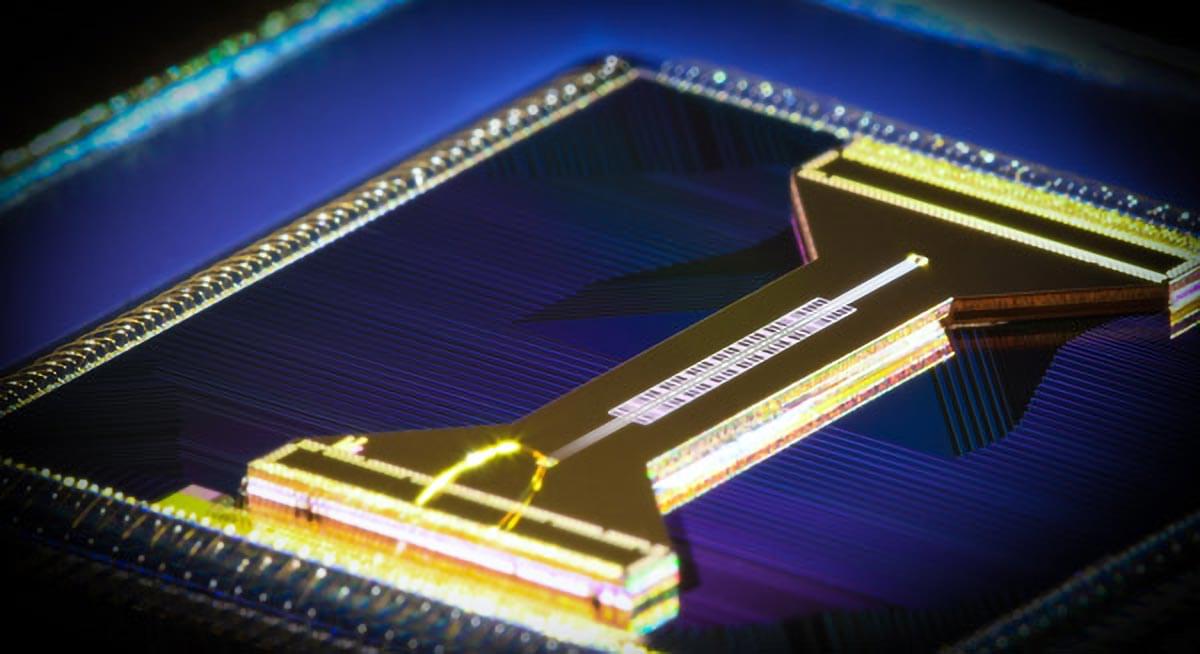Graphene is an extraordinary material—a sheet of interlocking carbon atoms just one atom thick that is stable and extremely conductive. This makes it useful in a range of areas, such as flexible electronic displays, highly precise sensors, powerful batteries, and efficient solar cells.
A new study—led by researchers from the University of Göttingen, working together with colleagues from Braunschweig and Bremen in Germany, and Fribourg in Switzerland—now takes graphene’s potential to a whole new level. The team has directly observed “Floquet effects” in graphene for the first time.
This resolves a long-standing debate: Floquet engineering—a method in which the properties of a material are very precisely altered using pulses of light—also works in metallic and semi-metallic quantum materials such as graphene. The study is published in Nature Physics.









